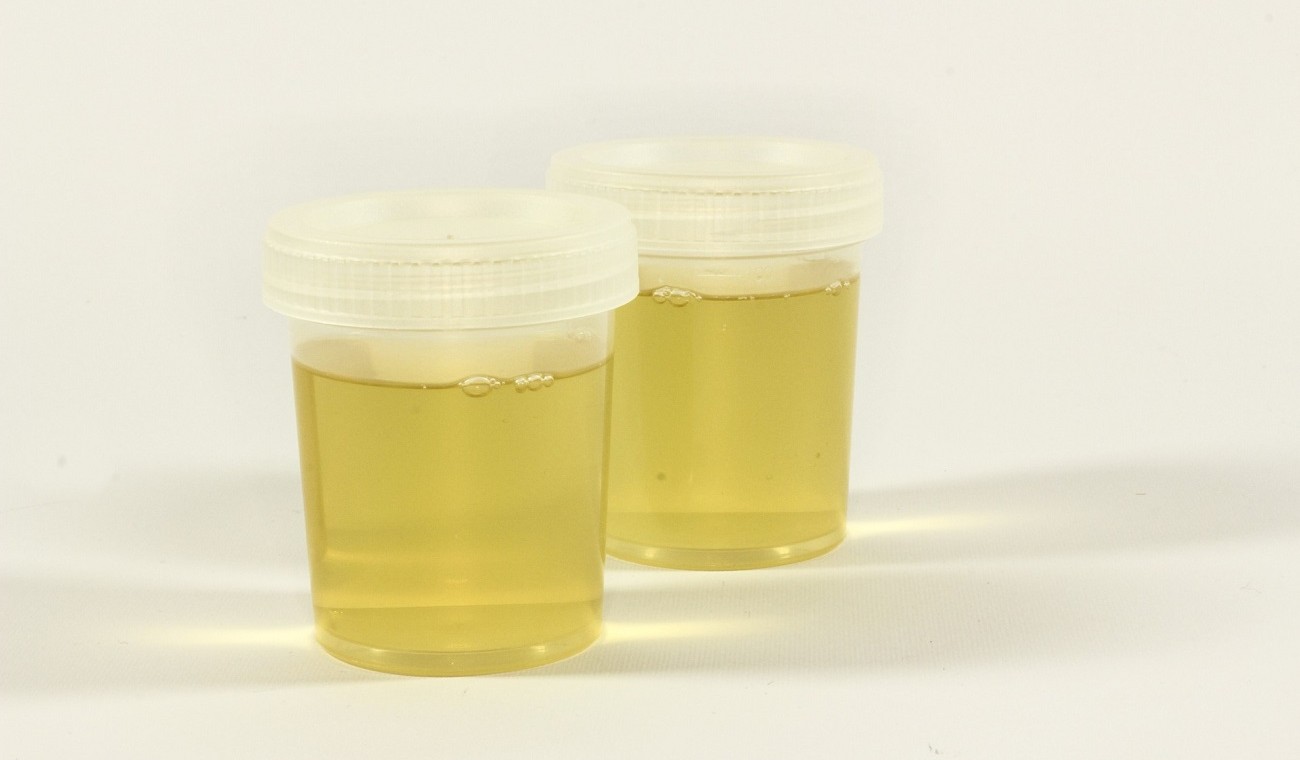Researchers and NGOs consider human urine as an alternative to chemical fertilizersto reduce environmental pollution and feed a growing population.
Synthetic nitrogen fertilizers boost agricultural production. But used in excess, they pollute the environment. And their prices are through the roof, even more so with the war in Ukraine.
What to replace them with? With urine, researchers respond, including Fabien Esculier, who reflects on a review of food systems, to make them more sustainable.
To grow, “plants need nutrients, nitrogen, phosphorus and potassium“, explains the engineer and coordinator of the Ocapi research program (Optimization of carbon, nitrogen and phosphorus cycles in the city) in France.
When we eat, we take in these nutrients before “excreting them, mainly through urine,” he adds. For a long time, urban excrement was used in agricultural fields, before being replaced by chemical fertilizers.
But when these nutrients are released in too large amounts into rivers, they favor, for example, the multiplication of green algae, and represent “one of the main sources of pollution by nutrient substances”, stresses Julia Cavicchi, from the Rich Earth Institute, based in the United States.
You may be interested in: Pablo Escobar’s Hippos: Is His Control Hunt or Euthanasia Coming Soon?
– Overcome preconceived ideas –
Separating and collecting urine requires changing the toilets, the collection network and overcoming certain preconceived ideas.
Urine diversion in toilets was already experimented with in Swedish eco-cities in the early 1990s, and later in Switzerland and Germany. Tests are also underway in the United States, South Africa, Mexico, India and Ethiopia.
“Introducing green innovations takes time, especially a radical innovation like urine separation,” says Tove Larsen, a researcher at the Swiss Federal School of Water Science and Technology (Eawag).
The first generations of urine-diverting toilets, considered impractical and unsightly, or the fear of bad smells could have been a brake, he explains. A new model developed by the Swiss company Laufen with Eawag should resolve these difficulties, the researcher hopes.
“You have to overcome certain obstacles,” says Marine Legrand, an anthropologist and member of the Ocapi network.
But are people ready to eat food fertilized with urine? One study shows marked differences between countries. The acceptance rate is very high in China, France or Uganda, but low in Portugal or Jordan.
“This theme touches on the intimate,” analyzes Ghislain Mercier, from Métropole Aménagement, which is developing an eco-neighborhood in Paris with 600 homes and businesses. There the urine will be collected to fertilize the Parisian green spaces.
Also read: World’s largest marine dinosaur tooth found
– Rearrange –
According to him, there is significant potential in offices, in homes not connected to the drainage network and in marginal neighborhoods without sanitary facilities.
However, it is necessary to obtain the support of the inhabitants, rethink the canalizations and confront inadequate legislation.
Once collected, the urine must be transported to the fields, which is expensive. Various techniques make it possible to reduce its volume and concentrate, or even dehydrate, the urea. The Rich Earth Institute is developing technical solutions to make distribution of this fertilizer easy and affordable for farmers.
Since urine is not a major disease vector, it does not require heavy processing for use in agriculture. The World Health Organization (WHO) recommends letting it rest. It is also possible to pasteurize it.
Urine is still struggling to establish itself as an alternative to synthetic fertilizers. But with gasoline prices on the rise and the desire of many countries to strengthen their food sovereignty, in relation to the war in Ukraine, “the economic restrictions will catch up with us faster than we would have thought and will make the issue more audible. Ghislain Mercier comments.

















